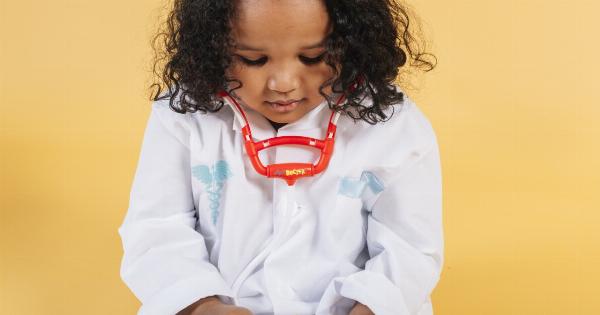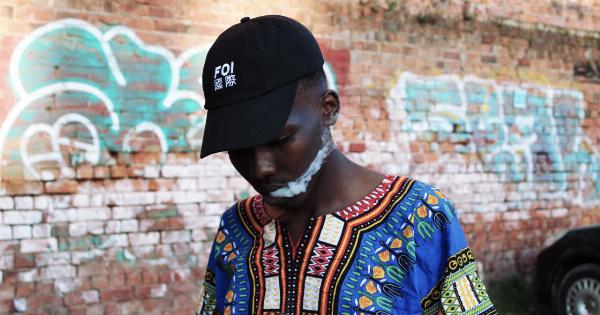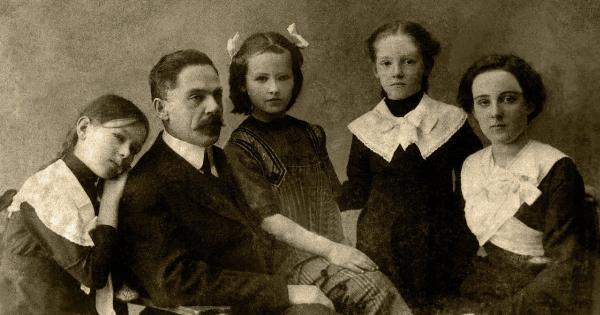In vitro fertilization (IVF) is a widely used assisted reproductive technology that has helped many couples overcome infertility and achieve their dream of having a child.
However, recent studies have raised concerns about a potential link between IVF and the development of child asthma. This article explores the subject and discusses the possible factors and considerations.
Understanding IVF
IVF involves the fertilization of an egg with sperm outside the woman’s body, typically in a laboratory setting.
The fertilized egg, now called an embryo, is then transferred back into the woman’s uterus, where it can hopefully implant and develop into a healthy pregnancy. IVF can involve various techniques and procedures, including ovarian stimulation, egg retrieval, and embryo transfer.
Exploring the Link with Child Asthma
Research studies examining the potential connection between IVF and child asthma have produced conflicting results.
Some studies suggest a slightly increased risk of asthma in children born through IVF, while others have found no significant association. It is crucial to note that correlation does not imply causation, and many other factors can influence a child’s susceptibility to asthma.
Possible Factors and Explanations
While the exact reasons for a potential link between IVF and child asthma remain unclear, researchers have proposed several theories. These include:.
- Epigenetic Modifications: IVF procedures may cause alterations in gene expression patterns that can impact immune system development and increase the risk of asthma.
- Parental Factors: Couples seeking IVF may have underlying fertility issues or genetic predispositions that could also contribute to an increased risk of asthma in their offspring.
- Assisted Reproductive Techniques: The laboratory conditions and procedures involved in IVF, such as culture media or cryopreservation, may have subtle effects on the embryos that could result in an increased risk of asthma.
Additional Considerations
It is essential to recognize that asthma is a complex condition influenced by various genetic, environmental, and lifestyle factors.
While some studies have suggested a small association between IVF and child asthma, the overall risk remains relatively low. Other factors, such as parental smoking, pollution, and respiratory infections, have a more substantial impact on asthma development.
Continued Research and Follow-Up
The scientific community continues to investigate the potential link between IVF and child asthma. However, it is vital to note that research findings can be conflicting or limited in scope, making it challenging to draw definitive conclusions.
Researchers are exploring large-scale, long-term studies to provide more reliable evidence and gain a better understanding of any potential association.
Conclusion
While some studies have suggested a possible link between IVF and child asthma, more research is needed to establish a definitive connection.
It is crucial for couples considering IVF to have an open discussion with their healthcare provider regarding any potential risks and benefits. As our understanding of IVF and child asthma develops, it is vital to consider multiple factors and exercise caution when interpreting research findings.
























